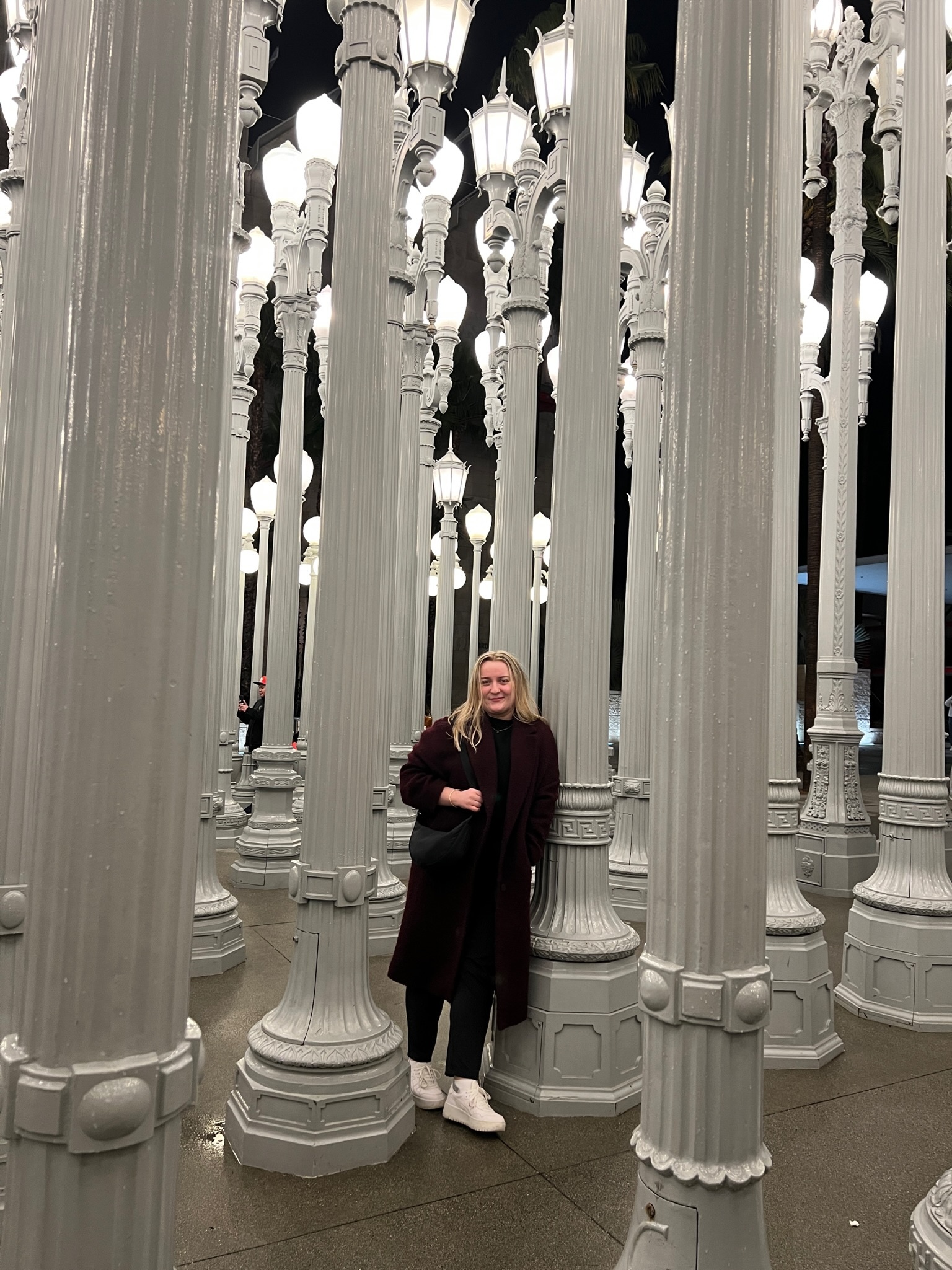As we enter May, the second-to-last month of our training program, the CAnD3 Fellows are reaching exciting milestones. From attending a dynamic Lunch&Learn on sleep, aging, and health across our lifetime, an engaging Connect2Learn session on anti-racist pedagogy, to preparing for the semi-finals of the annual Dragon’s Den competition, their journey is both rigorous and rewarding. To highlight their unique stories and research passions, we’re spotlighting two Fellows you’ll definitely want to meet: Jordan Katz and Camila Iciaszczyk.
Jordan Katz
Jordan, with your strong background in research methodology, how has your time in CAnD3 reinforced your research focus or purpose?
Coming from a sociology background and having completed a master’s degree in research methodology, I was struck by the wide range of methodological approaches used across my field and beyond. While this diversity is intellectually exciting, it can also feel overwhelming...it's impossible to master them all. What has helped me navigate this complexity is gaining exposure to effective data visualization. The PopAging DataViz Workshop, in particular, provided practical tools for presenting complex findings in a clear and accessible way. This emphasis on data visualization has been a valuable addition to my research toolkit.
Could you share a recent project or presentation that you're especially proud of?
I am currently working on an article about national membership and collective memory among migrant-origin people. From an academic perspective, it is clear to me why this project is interesting or relevant to the field of academia in terms of theory building. That said, CAnD3 has really pushed me to think about the "so what" -- i.e., why those outside of academia might care and how this work could be relevant from a policy perspective.
Let’s shift gears: what’s a hobby or interest people might not expect from you?
I really love basketball (despite not being so genetically blessed in the height department)--both playing and watching the Knicks!
Given your love for basketball, have you ever considered bringing data into the sport you enjoy?
Exactly! Although somewhat outside of my line of research, I would love to have a dataset on the degree to which NBA players argue with referees and how this is patterned by the sex of the referee. Within the past few years, the NBA introduced female referees. I think this would be a really interesting arena in which to study gender (while taping into my love of basketball).
Camila Iciaszczyk
Camila, can you take us back to a pivotal moment in your research journey? How did CAnD3 help build on that experience?
While working in a long-term care home for adults with mental and developmental disabilities, I became interested in aging populations and their living arrangements. I observed how different living conditions could significantly influence older adults’ overall well-being. This experience shaped my research focus on aging populations and motivated me to apply to CAnD3 to deepen my understanding in this area. Looking ahead, my future research will focus on aging issues and involve cross-national analysis using quantitative methods. One of my long-term goals is to revisit one of my thesis papers and create compelling data visualizations to highlight my findings, something I wasn’t able to include in previous research. Thanks to the skills I’ve developed through the PopAging DataViz Workshop, I now feel equipped to make my research more meaningful and accessible to a wider audience.
 That’s such a meaningful foundation. Recently, have you had an opportunity to share this research in a new setting?
That’s such a meaningful foundation. Recently, have you had an opportunity to share this research in a new setting?
I recently attended my first conference at Canadian Population Society, where I presented my Master of Arts research paper. Preparing for an academic audience was daunting but helped me overcome my nerves and learn how to structure and deliver an effective presentation. It also emphasized how essential clear communication is for my research to make an impact. This experience was exciting because it gave tips as well as the confidence to approach future presentations in my academic career.
Well done! And beyond the world of research—what’s something you love doing that people might not know?
I love traveling and have been fortunate to live and explore different countries in Europe. Living in Spain and visiting neighboring countries was an amazing experience. I hope to continue my travels and explore other continents in the future!
If you could instantly acquire one superpower to enhance your research capabilities, what would it be and why?
If I could have any superpower, it would be the ability to function without sleep. Imagine how much more research, writing, and exploring new ideas I could fit into a day, with no coffee required!
As the Fellows near the end of their training, their work reflects the core of CAnD3’s mission: building capacity, fostering connection, and driving innovative, data-informed solutions to the challenges of aging societies. Their diverse perspectives and evolving research journeys show that they’re not just finishing a program, they’re stepping into roles as future changemakers. Stay tuned as they take on the final stretch, including the highly anticipated Dragon’s Den.


